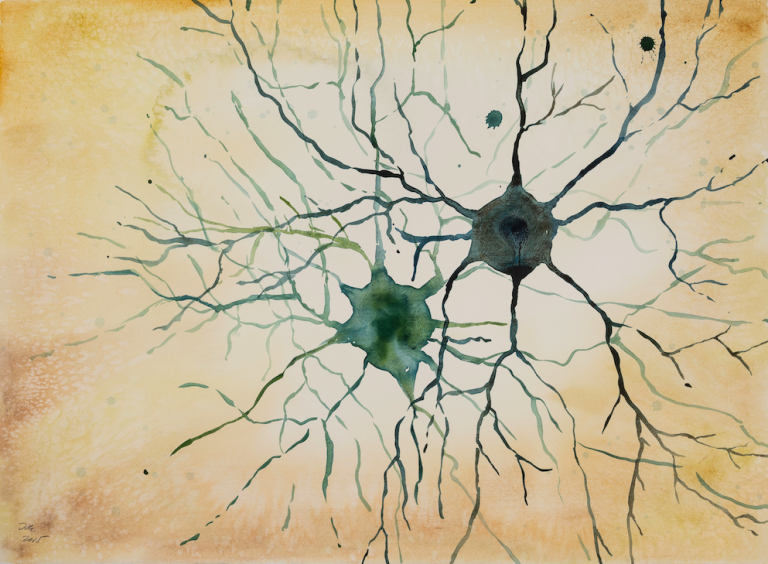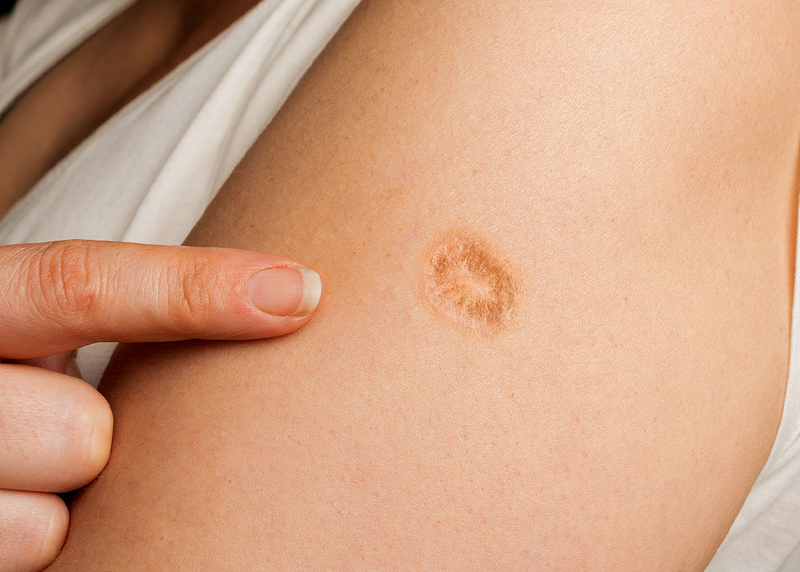A new study provides evidence that the SARS-CoV-2 virus can infect brain cells responsible for mood, movement and stress, causing a disruption in dopamine production and leading to symptoms such as feeling sad and brain fog. The study, which was conducted by researchers at Weill Cornell Medicine, Columbia University and Memorial Sloan Kettering Cancer Center, used human stem cells to examine how the virus affects human cells. Their findings were confirmed with autopsy samples from people who had died from COVID-19.1
Dopamine is a hormone that regulates concentration, movement, learning, memory, feelings of pleasure and sleep. The human stem cells showed that SARS-CoV-2 diminished the production of dopamine causing senescence when the cells stop growing and dividing, which could lead to brain fog and feelings of sadness.
Approximately five percent of dopamine neurons were found to be infected by the virus. The SARS-CoV-2 infected dopamine cells released chemical signals that cause inflammation.2 3
Typically, senescence to dopamine neurons is found with Parkinson’s disease.4
Scientists Surprised by Study Findings
The senior author of the study, Shuibing Chen, PhD, explained that the results were surprising…
This project started out to investigate how various types of cells in different organs respond to SARS-CoV-2 infection. We tested lung cells, heart cells, pancreatic beta cells, but the senescence pathway is only activated in dopamine neurons. This was a completely unexpected result.5
Dopamine Neurons are Only Brain Cells That Appear Affected by SARS-CoV-2
Researchers tested multiple brain cells to see whether they were affected by the SARS-CoV-2 virus but found that only dopamine neurons were susceptible to the virus. Drugs were tested to determine if any could prevent the dopamine neurons from being infected or from senescence. The three drugs that proved effective were riluzole, which is used to treat amyotrophic lateral sclerosis (ALS). Imatinib used to treat cancer, and metformin used to treat diabetes.6
Not all COVID patients are susceptible to dopamine neuron damage. Certain factors such as genetics and the severity of the infection play a role in determining whether one may go on to be affected by dopamine neuron senescence after being infected with the virus.7
The study, published in the journal Cell Stem Cell, suggests that more research could help explain the neurological symptoms presented with long COVID, including depression, lethargy and brain fog.8
If you would like to receive an e-mail notice of the most recent articles published in The Vaccine Reaction each week, click here.
Click here to view References:1 Ionescu A. Covid-19 makes you feel sad and moody by depleting dopamine. MSN Jan. 19, 2024.
2 Hopkins K. SARS-CoV-2 can infect dopamine neurons, causing senescence. Cornell Chronicle Jan. 19, 2024.
3 Lardieri A. How Covid makes you miserable; Scientists discover virus can hijack your happy hormones and shut down their production. Daily Mail Jan. 18, 2024.
4 Neuroscience News. COVID-19 May Infect Dopamine Neurons. Jan. 17, 2024.
5 Hopkins K. SARS-CoV-2 can infect dopamine neurons, causing senescence. Cornell Chronicle Jan. 19, 2024.
6 Ibid.
7 Lardieri A. How Covid makes you miserable; Scientists discover virus can hijack your happy hormones and shut down their production. Daily Mail Jan. 18, 2024.
8 Fleiss C. SARS-CoV-2’s Impact on Dopamine Neurons and Long COVID. Med India Jan. 20, 2024.














2 Responses
A new damage or disaster every week. This is what death injections are designed to accomplish.
I have been struggling with acute depression since C-19 diagnosis on 10/29/23. And since release from hospital 10 days later with virus-free test, I’ve been almost incapable of doing daily finance/bill paying activities. Terrible sadness and inability to cope. At least now I have some confirmation that it’s not just me.